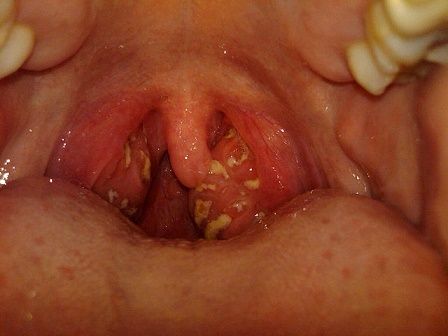Children who suffer from throat infections and breathing and swallowing problems have often had their tonsils fully or partially removed as a remedy.
However, a new study reveals that every fifth person who has had their tonsils taken out as a child has allergies, respiratory diseases and infections later in life as a result, TV2 Nyheder reports. Removing the adenoids increases the risk still further.
Unexpected and unwanted
“The study shows that there are a number of unwanted side effects. You are especially vulnerable to diseases of the upper respiratory tract,” said Jacobus Boomsma from the University of Copenhagen, who was one of the researchers behind the study.
Data from almost 1.2 million Danish children born between 1979 and 1999 formed the basis of the study. The subjects were tracked from the time they were at least 10 years old until they were 30.
Of these, 60,000 had undergone surgery to remove their tonsils, adenoids or both before they turned 10.
Every year, around 7,000 operations of this type are carried out in Denmark.
Caution urged
“Our study shows there is every reason to be cautious. It underlines the fact that there is no free ride later in life,” adds Boomsma.
The Sundhedsstyrelsen health authority’s guidelines from 2016 advise the removal of tonsils only in cases in which children have trouble breathing while they sleep.
At the same time, it also recommends doctors try to solve the problem through partial removal instead of taking them completely out. The new study has not prompted the authority to change its views.














